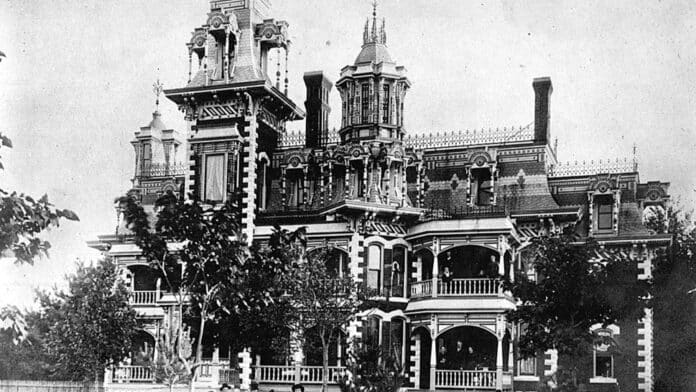The Pentecostal movement, one of the fastest-growing branches of Christianity worldwide, traces its roots back to a transformative event in Topeka, Kansas, at a small, humble building on 314 Stone Avenue. This location would become the birthplace of a religious revival that would change the course of Christian history.
In the year 1900, Charles Fox Parham, a Methodist preacher and faith healer, moved to Topeka to establish a Bible school. Parham, who had a deep belief in the power of the Holy Spirit, was determined to study and teach the doctrine of spiritual gifts, especially the baptism of the Holy Spirit, which was described in the New Testament book of Acts.
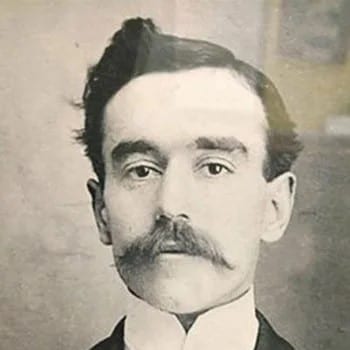
In the winter of 1900, Parham began holding classes at 314 Stone Avenue, where he gathered a small group of students eager to understand the deeper aspects of Christian spirituality. The students, under Parham’s direction, began praying for a fresh outpouring of the Holy Spirit, as they believed the Spirit’s power was essential for a deeper faith and divine empowerment for ministry.
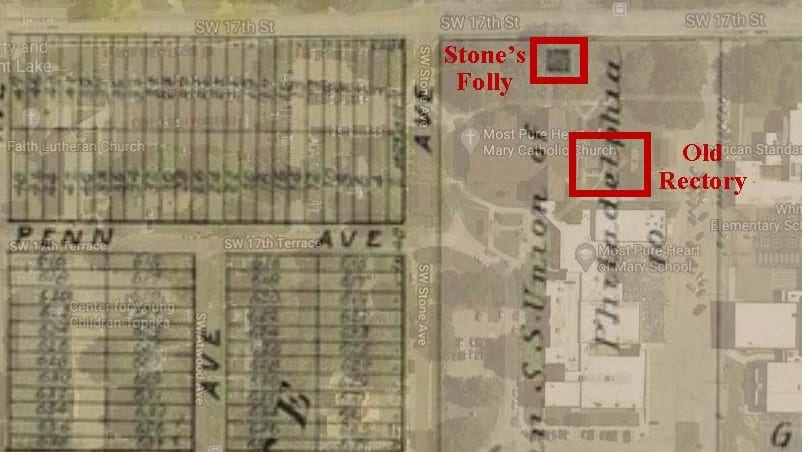
The moment that would ignite the Pentecostal movement occurred on January 1, 1901, when Agnes Ozman, one of Parham’s students, became the first person to speak in tongues. This experience, which was believed to be a sign of receiving the Holy Spirit, marked a monumental shift in Christian theology. Ozman’s event would later be hailed as the beginning of the modern Pentecostal movement.
At the time, the practice of speaking in tongues—considered by Pentecostals to be a supernatural language spoken by those filled with the Holy Spirit—was controversial. However, for Parham and his followers, it was a confirmation that their prayers had been answered, and the divine power of the Holy Spirit was indeed real and active. Parham himself believed that this revival was a fulfillment of biblical prophecy, particularly the promise of the Holy Spirit’s outpouring described in the book of Acts.
Though the initial experiences of the Holy Spirit in Topeka were small in scale, they were profound in impact. The news spread beyond Kansas as Parham’s teachings, after he moved to Dallas, attracted seekers from across the United States and many of his students went on to spread the Pentecostal message to other cities.
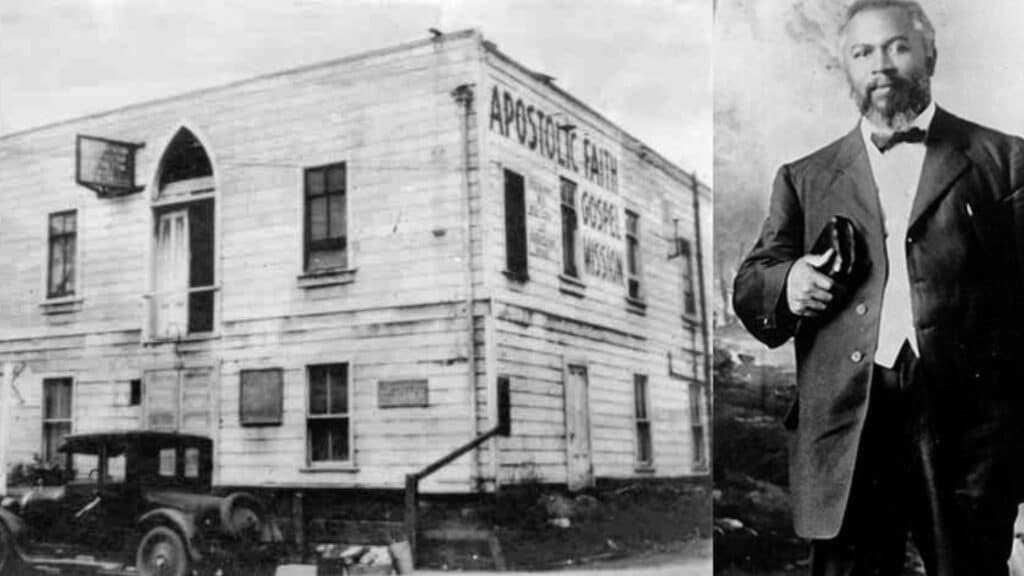
Parham’s influence reached its peak when William J. Seymour, an African American preacher who studied under Parham in Topeka, went on to lead the Azusa Street Revival in Los Angeles in 1906. The Azusa Street Revival would become the focal point of the Pentecostal movement, drawing thousands of people from around the world. However, the spark that ignited the fire of Pentecostalism was lit in Topeka, Kansas, at 314 Stone Avenue.
Today, Topeka’s role in the birth of Pentecostalism remains a proud part of the city’s spiritual heritage. The movement that began in that modest building on Stone Avenue has grown into a global phenomenon, with millions of Pentecostal believers around the world. The Pentecostal emphasis on the baptism of the Holy Spirit, speaking in tongues, and divine healing has become central to the theology of many Christian denominations.
Though the building at 314 Stone Avenue no longer stands, the legacy of that first outpouring of the Holy Spirit in Topeka continues to reverberate across the world. It serves as a reminder of the small, seemingly ordinary moments that can have extraordinary and far-reaching consequences in history. The birth of Pentecostalism in Topeka is a testament to the power of faith, prayer, and the belief in the presence of the Holy Spirit.
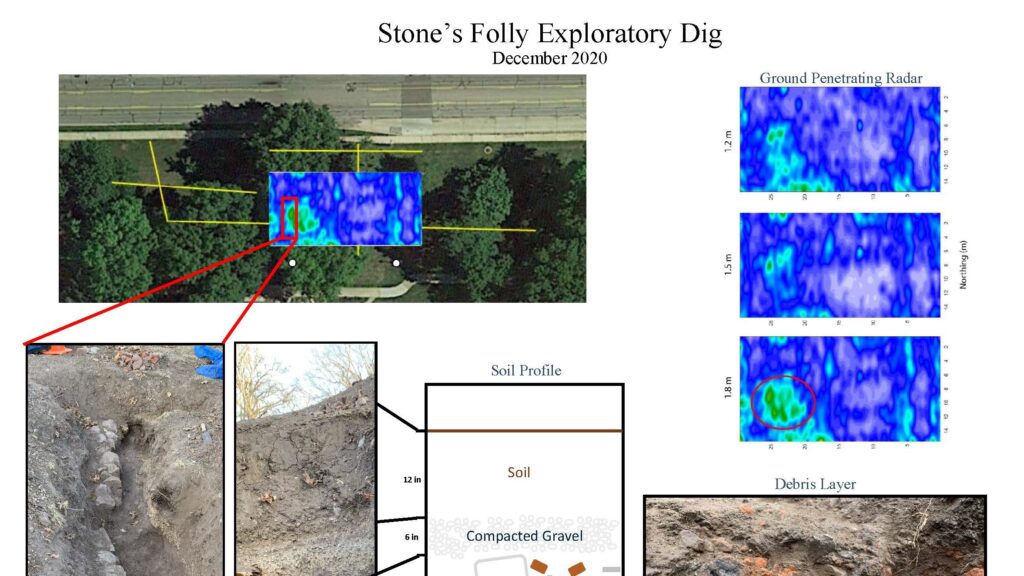
The events at 314 Stone Avenue in Topeka in 1901 were nothing short of a spiritual awakening. This small Bible school and the faithful students who gathered there became the catalyst for a movement that would transform Christianity globally. The Pentecostal movement, which began with a simple prayer for the Holy Spirit’s presence, continues to inspire millions of believers today, marking Topeka as the birthplace of one of the most dynamic and influential movements in Christian history.

